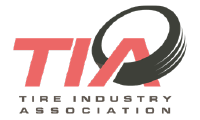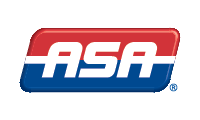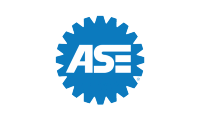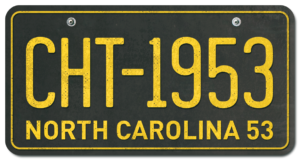
Helping Our Customers Drive Happy Since 1953
Your complete car care center.

Complete Car Care Services

Save Money Drive Happy

13 Convenient Locations

Complete Car Care Services

Save Money Drive Happy

13 Convenient Locations
New Tires
Lowest Price
Guaranteed.
Find Your Happy Price.
if another local retailer offers a lower price on the tires you want before you buy from us, we’ll beat that price by 10% of the difference! We guarantee it.*
We Beat Competitor Prices
Accurate Diagnosis & Repair
Free Car Service Warranty
Industry Best 3-year/36,000-mile warranty
ASE Certified Technicians
Flexible Payment Options.
13 Convenient Locations
Chapel Hill • Durham • Raleigh • Apex • Cary • Carrboro

Complete Car Care Services

Save Money, Drive Happy
SEE PROMOTIONS

13 Convenient Locations
Featured Auto Repair Services
All services are backed by our best-in-the-industry 3-year/36,000-mile warranty
Stay safe with reliable brake inspections, pad replacements, and repairs. Our technicians ensure top braking power and peace of mind.
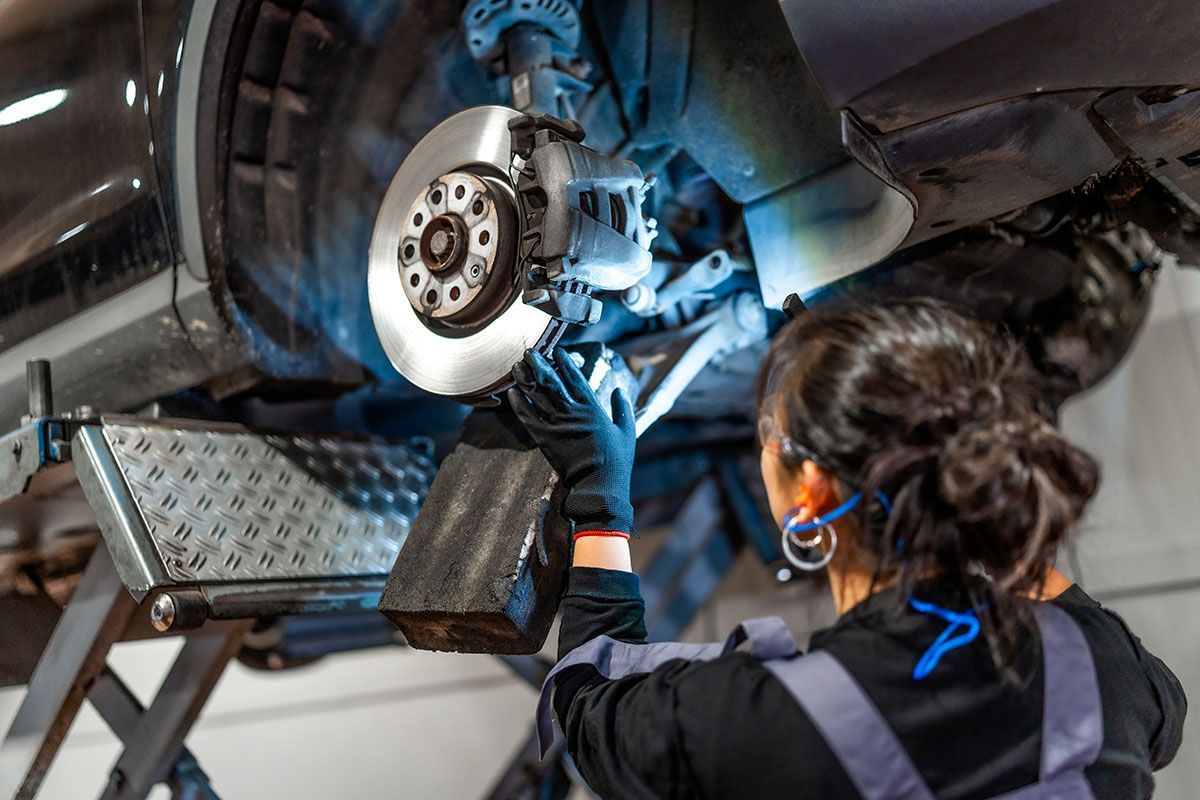
Brake Services
Protect your engine with our fast, affordable oil changes. We use premium oils and filters to boost performance and extend engine life.
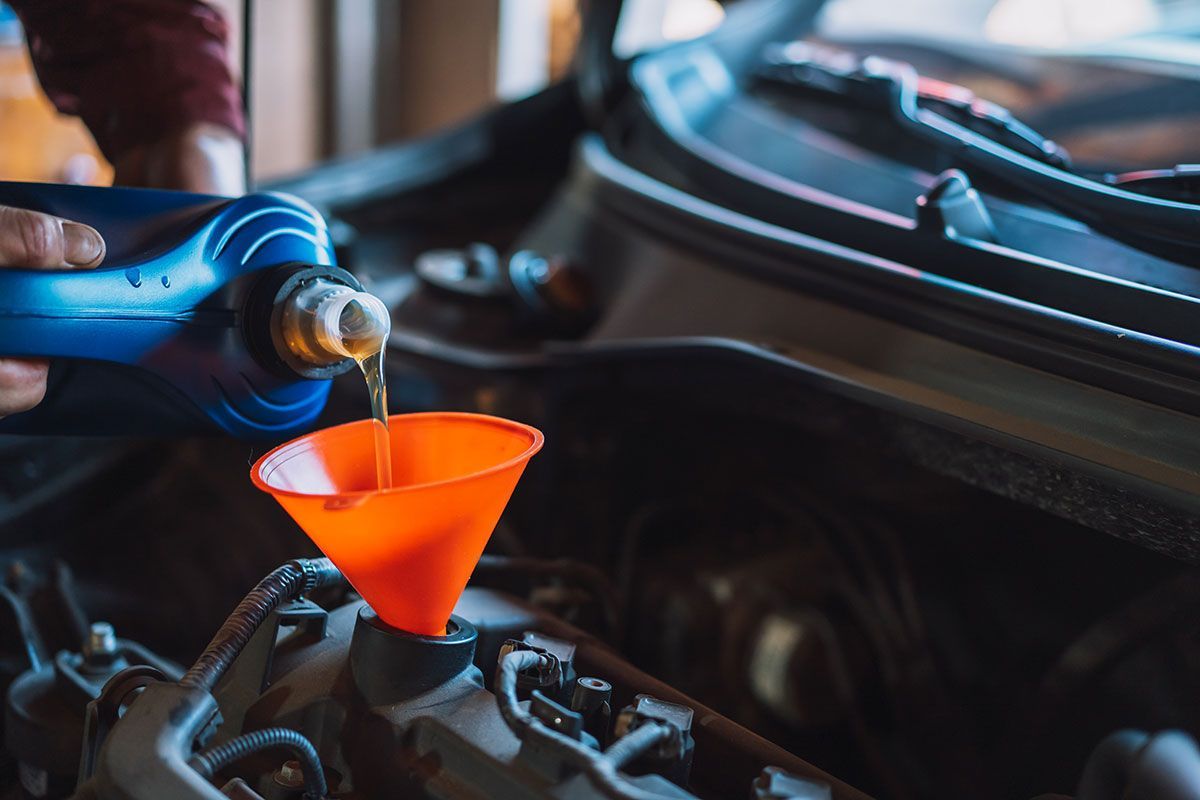
Oil Changes
Improve handling and extend tire life with precision wheel alignments. We correct alignment issues for a smoother, safer drive.
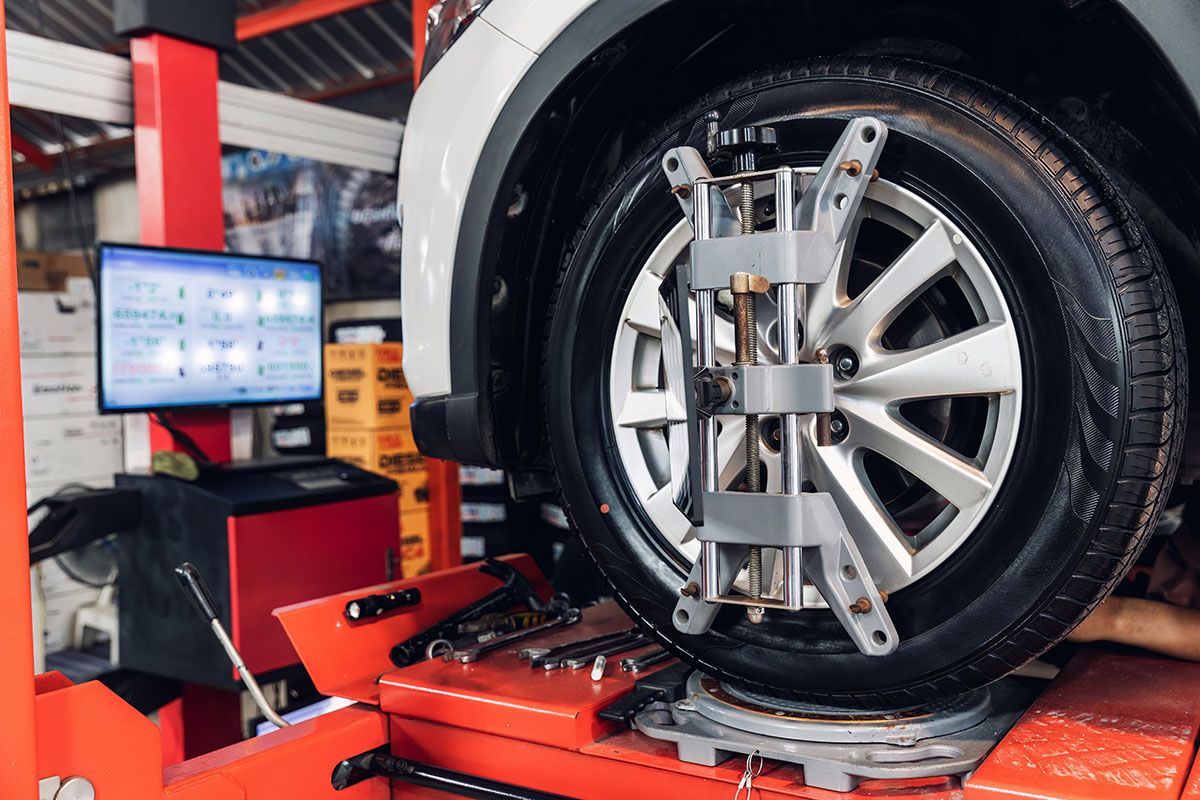
Wheel Alignment
Keep your ride safe with expert tire installation, rotation, and repair. Precision service for all makes and models.
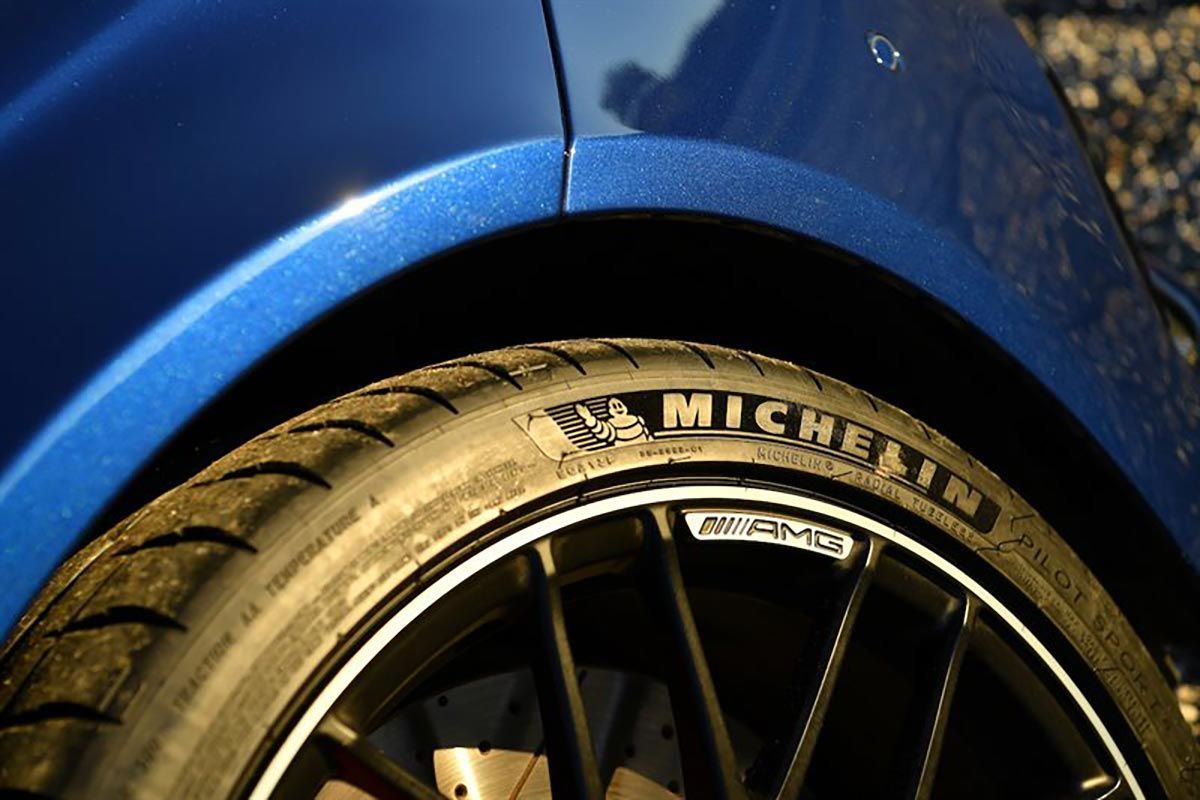
Tire Services
Why Choose Chapel Hill Tire for Tesla Service?
Faster Service: Large Tesla-trained team and multiple locations = shorter wait times.
Certified Technicians: Our mechanics are trained and certified to work on all Tesla models.
Premium Equipment: Hunter Hawkeye Elite Alignment, Road Force Balancing, Center Clamp Tire Changers.
Affordable Pricing: Pay less than dealership rates without sacrificing quality.
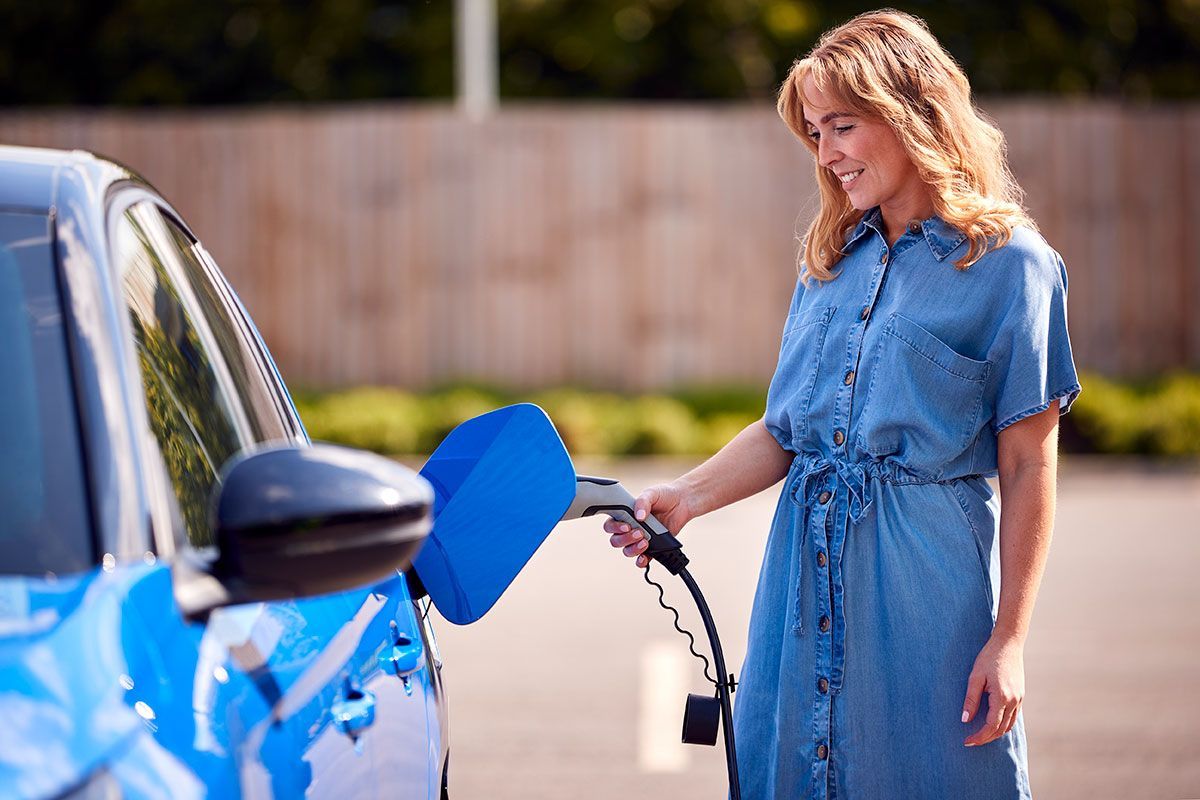

Keep Your Fleet Happy, Productive & On the Road
When your fleet is down, business slows down. At Chapel Hill Tire, we understand that every hour off the road impacts your schedule, your customers, and your bottom line.
Our Fleet Services Program is designed to keep your vehicles running reliably with expert care, priority scheduling, and unmatched convenience—so you can stay focused on what you do best.
We are your Happy Place
Embrace the thrill of driving in a meticulously maintained vehicle. Our essential maintenance packages guarantee you the freedom to journey near and far.
Oil Changes
Keep your engine running smoothly and extend its lifespan with our professional oil change services. Regular oil changes are crucial to maintaining your vehicle's performance and preventing engine damage. Schedule your oil change today to ensure your engine operates at its best.
Brake Services
Ensure your safety with our professional brake repair service. Our expert technicians will inspect, diagnose, and repair any issues, so you can drive with peace of mind knowing your brakes are in top condition. Don't compromise on safety – schedule your appointment now!
Wheel Alignment
Ensure your vehicle drives smoothly and your tires wear evenly with our professional wheel alignment services. Proper alignment is crucial for optimal driving performance and to extend the life of your tires. Whether you're experiencing steering issues, uneven tire wear, or your vehicle is pulling to one side, our skilled technicians are here to help. Schedule your wheel alignment now to enhance your driving experience and safety.
Tire Services
Ensure your vehicle's safety and performance with our professional tire installation service. Our expert technicians equipped with the latest tools and techniques to provide seamless tire installation. Whether you're replacing worn tires, upgrading for enhanced performance, or preparing for seasonal changes, we deliver convenience, quality, and peace of mind.
Inspection Services
Stay compliant with local vehicle regulations with our state inspection services. Our certified inspectors are trained to perform comprehensive evaluations of your vehicle, ensuring it meets all state safety and emissions standards. Schedule your state inspection now to ensure your vehicle is legally compliant and roadworthy.
Diagnostics
Get to the root of your engine problems with our comprehensive engine diagnostic services. Whether you're experiencing reduced performance, strange noises, or warning lights on your dashboard, our skilled technicians use state-of-the-art diagnostic equipment to accurately diagnose and resolve engine issues. Ensure your vehicle’s optimal performance and reliability by booking your diagnostic session now.
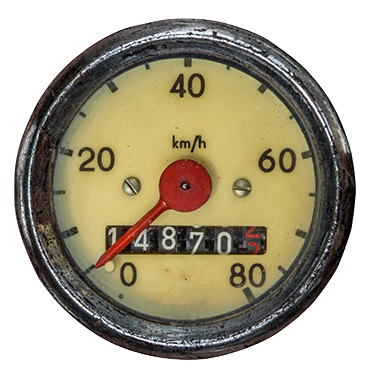

Shop Michelin Tires at Chapel Hill Tire
We offer free installation on all sets of Michelin, Pirelli and Uniroyal Tires.
Chapel Hill Tire has been serving North Carolina drivers for over 70 years. Our ASE-certified technicians provide personalized recommendations, professional tire installation, wheel balancing, and alignments to keep your Michelin tires performing at their best.
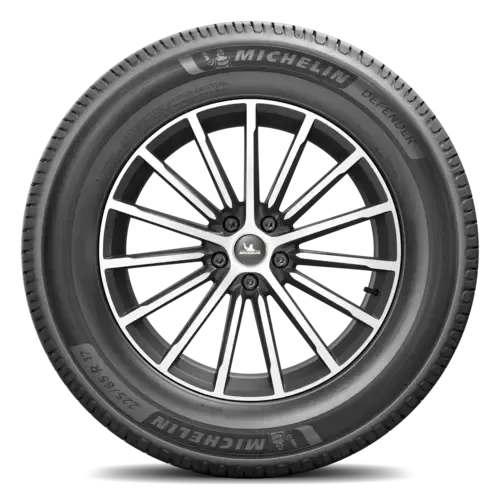
At Chapel Hill Tire, we promote diversity, equality, inclusion, and belonging. We celebrate our differences while ensuring everyone feels valued and welcomed. We are family.


"They do good work, at a fair price, and alwasy with a smile, I would recommend CHT at anyone."
Steve J

"Chapel Hill Tire is the only service center in this area that i trust to do great work on my vehicles and treat me equally well!"
Morgan D.
Transparent Pricing, Award-Winning Service, and Convenient Locations —
Experience the Chapel Hill Tire
Difference!

Chapel Hill Tire values your convenience. With 13 Convenient Locations in the Triangle, our friendly professionals are ready to help. Each site offers online appointment scheduling and a free shuttle service for your seamless travel.

Transparent Pricing: No Surprises at Chapel Hill Tire. We’ve worked hard to build a business based on honesty and transparency, and the Triangle has trusted our family-owned shop for more than 70 years.

Chapel Hill Tire is an award-winning full-service auto repair shop with locations in Chapel Hill, Durham, Carrboro, Apex, Cary and Raleigh. We provide a best-in-industry 3-year/36,000-mile warranty and free shuttle service. Our ASE certified technicians ensure exceptional care for all vehicles, from Toyotas to BMWs.
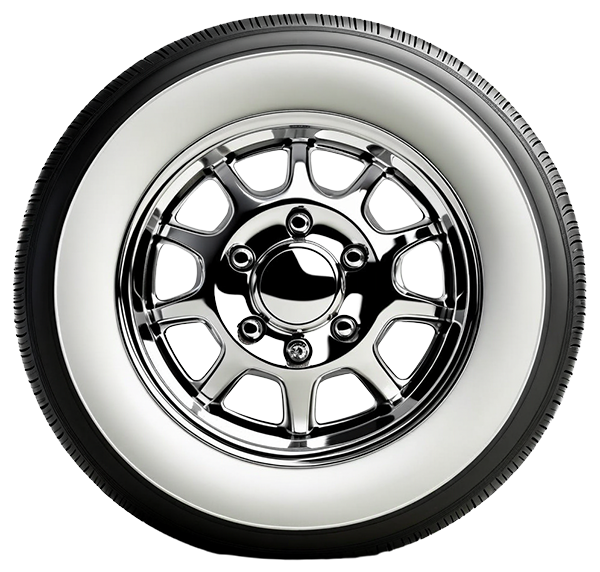
North Carolina's Trusted Tire Experts

For all your tire needs, whether it's new tires, new wheels, or tire repair, feel free to reach out to us at any time. We have a wide selection of premium tire brands such as Continental, MICHELIN©, and BFGoodrich©, specifically chosen to excel in any road conditions.

Recent Posts
Frequently Asked Questions
What tire brands do you carry?
Chapel Hill Tire offers a wide selection of leading tire brands including Michelin, Pirelli, Continental, BFGoodrich, Goodyear, Uniroyal, and others. Customers can shop by tire type, size, or driving needs.Do you offer free tire installation with tire purchases?
Yes. Chapel Hill Tire provides free tire installation on all sets of Michelin, Pirelli, and Uniroyal tires when you purchase a set of four, delivering excellent value on premium tires.What services are included in tire installation?
Professional tire installation includes mounting, balancing, and proper fitment. Ongoing tire care often includes lifetime rotations, flat repairs, pressure checks, and alignment evaluations.Apart from tire services, what other auto repair services do you offer?
Chapel Hill Tire provides comprehensive auto care including wheel alignments, brake repairs, oil changes, fluid services, engine diagnostics, battery replacement, A/C service, and preventative maintenance.How do I schedule a service appointment?
Service appointments can be scheduled conveniently online through Chapel Hill Tire’s website by selecting your service and preferred time.Do you provide any warranties or service guarantees?
Most services are backed by strong warranties, often up to 3 years or 36,000 miles, along with transparent pricing and upfront recommendations.What should I do if I’m unsure what tires my vehicle needs?
ASE-certified technicians can recommend the right tires based on your vehicle, driving habits, performance needs, and budget.What is included in Chapel Hill Tire’s Drive Happy experience?
The Drive Happy experience includes transparent pricing, premium tire deals with free installation on select brands, ASE-certified technicians, and lifetime tire care benefits.

Your One-Stop Car Care Shop with
13 Convenient Locations in Triangle-Area
Chapel Hill • Durham • Raleigh • Apex
• Cary • Carrboro
















